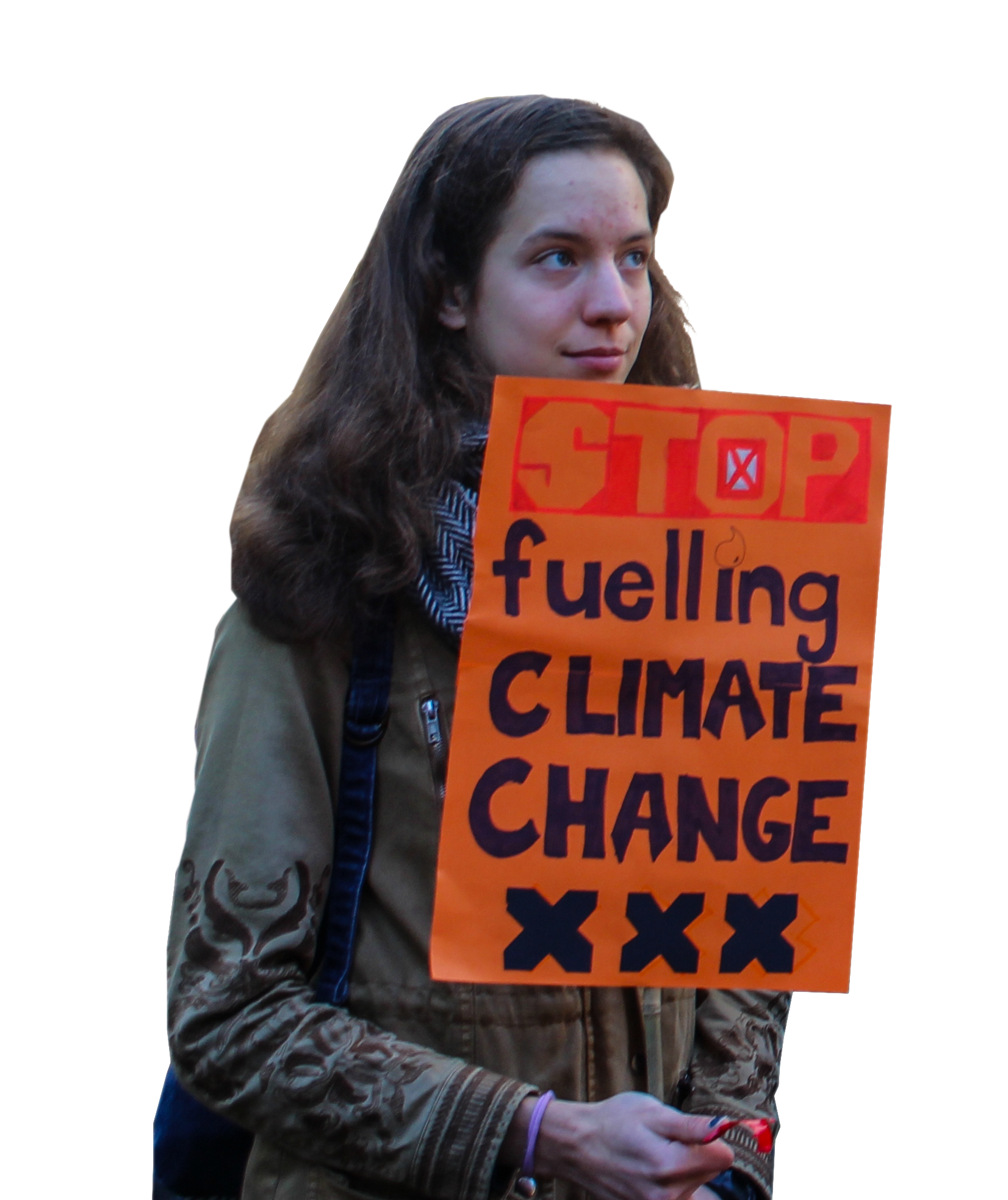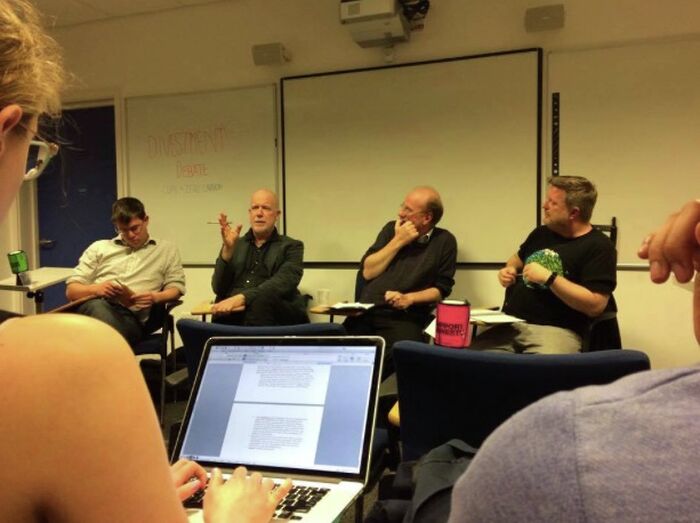University launches second working group to explore fossil fuel divestment
The working group will consider the “advantages and disadvantages” of divesting from fossil fuels

Final arrangements have been made by the University Council for the establishment of a working group tasked with examining the “advantages and disadvantages” of divestment from fossil fuels.
At a meeting on 22nd May, the University Council approved the membership of the working group, which is to be chaired by Dame Athene Donald, Professor of Experimental Physics and Master of Churchill College. The group will also comprise Lord Chris Smith, Master of Pembroke College, and two academics from the Department of Earth Sciences: Dr Jerome Neufeld and Professor Simon Redfern, the department’s head.
The terms of the working group also specified that two student representatives should sit on the board. These positions will be filled by the recently re-elected University Councillor, Umang Khandelwal, and Alice Guillaume, an undergraduate at Newnham College and Campaigns Officer for Cambridge Zero Carbon Society.
Timeline: A long-running divestment debate

The issue of divestment has historically been a highly contentious one. CUSU first passed a motion in favour of the University divesting its endowments in November 2015, and since then the divestment campaign has drawn considerable support from the student body, including several demonstrations by groups such as Zero Carbon.
In May 2015, the Advisory Committee on Benefactions and External and Legal Affairs (ACBELA) was set up and tasked with evaluating “investment decisions” taken by the University, whose Statement of Investment Responsibility (SIR) emphasises a “concern for sustainability and its relationship with the environment”. The ACBELA working group was chaired by John Shakeshaft, an external member of the University Council, who will act as Deputy Chair of the new working group.
The report compiled by the ACBELA working group, published in June last year, recommended that investments in coal and tar sand be ‘blacklisted’ from the University’s endowments. However, no such recommendation was made for investments in oil and gas companies, something which was roundly criticised by Zero Carbon.
The report also recommended that the SIR was altered, placing additional stress on the importance of insuring that the University’s investment management “reflects its underlying values” of environmental responsibility.
The recently launched working group will “consider the question of disinvestment from such businesses more broadly” than the previous report by the ACBELA.
Specifically, the new working group will consider “the different approaches the University might take to issues associated with disinvestment from fossil fuel industries,” and additionally “how those approaches might impact upon the University’s mission ‘to contribute to society through the pursuit of education, learning, and research at the highest international levels of excellence’”. The working group will aim to publish a report within a year.
The formation of the working group responds to a Grace passed by Regent House, the University’s governing body, in January, which states that “none of the University's Endowment Funds should be invested directly or indirectly in companies whose business is wholly or substantially concerned with the extraction of fossil fuels”.
The Grace also called for a report to be published within twelve months, detailing how full divestment might be achieved. However, Regent House does not have the power to directly control the University’s investments, and can only make recommendations to the University Council as to how the University’s endowment should be managed.
The working group set up by the University Council will take a more equivocal approach to divestment than the Grace suggested, looking “specifically into the advantages and disadvantages of the policy of disinvestment which the Grace supports”.
Khandelwal told Varsity that the establishment of the working group represented the “discussion moving forward” on an issue which has “gained significant student support”.
She continued, “Looking ahead, it will be important to engage the wider University community through strong consultation and ensuring transparent processes, and I will endeavour to facilitate this in my role as Councillor.”
Speaking to Varsity, Guillaume acknowledged that, while she was “pleased that the University has acknowledged that divestment is an issue that students and academics care deeply about,” the establishment was “certainly not sufficient”.
She reiterated Zero Carbon’s call for the University to announce its full divestment from fossil fuels: “This way the University will be prepared for a future that is inevitably coming, where fossil fuels do not feature, rather than wasting a year (or more) on a report that may simply brush divestment aside as unachievable.”
Guillaume added, “I truly believe divestment is crucial for the University to fulfil its mission of 'concern for sustainability and the relationship with the environment and its position as a forward-thinking, globally-minded institution. As a campaign, we strive for a future free from the injustices of a climate crisis created by fossil fuel companies. We want Cambridge to be at the forefront of this future.”
 News / Uni Scout and Guide Club affirms trans inclusion 12 December 2025
News / Uni Scout and Guide Club affirms trans inclusion 12 December 2025 News / Pembroke to convert listed office building into accom9 December 2025
News / Pembroke to convert listed office building into accom9 December 2025 News / Cambridge Vet School gets lifeline year to stay accredited28 November 2025
News / Cambridge Vet School gets lifeline year to stay accredited28 November 2025 Features / Searching for community in queer Cambridge10 December 2025
Features / Searching for community in queer Cambridge10 December 2025 News / Uni redundancy consultation ‘falls short of legal duties’, unions say6 December 2025
News / Uni redundancy consultation ‘falls short of legal duties’, unions say6 December 2025









